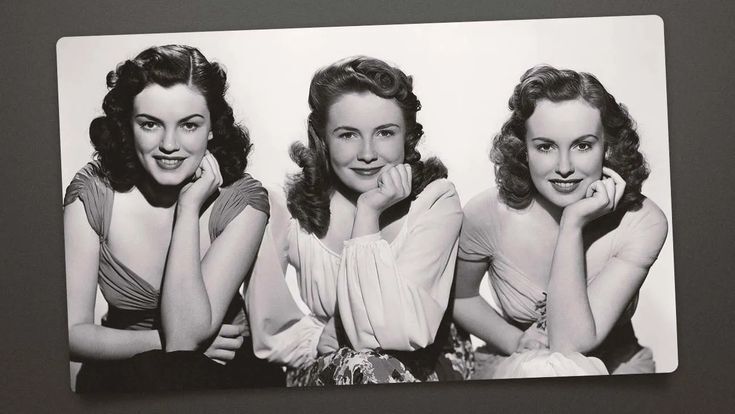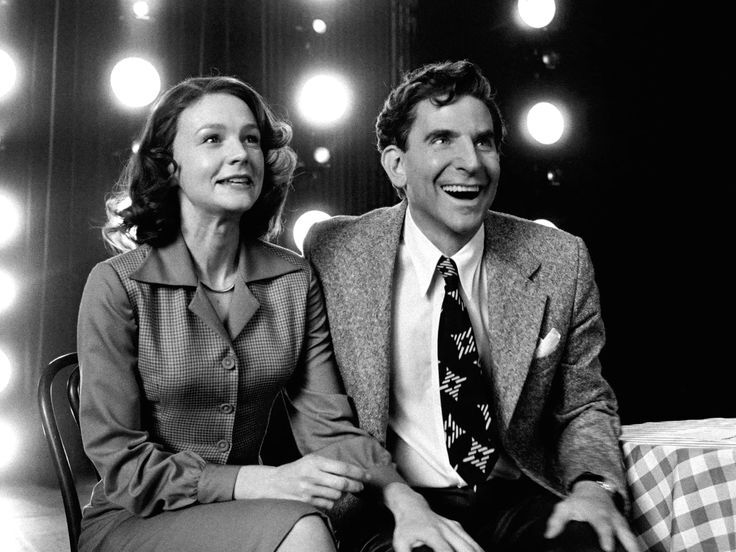Felicia Montealegre, a talented Costa Rican actress, narrator, and social activist, made a significant impact on the world through her art and advocacy. Born on February 6, 1922, she carved out a diverse career in theater and television while championing social justice. Although she is widely recognized as the wife of Leonard Bernstein, her life and contributions extended far beyond this association.
Early Life and Career Beginnings

Felicia Montealegre grew up in Costa Rica, where her early exposure to art and culture shaped her aspirations. Determined to pursue acting, she relocated to the United States to train and build her career. In the 1950s, she gained recognition for her performances in live television dramas, appearing in celebrated anthologies like Kraft Television Theatre and Studio One. These appearances showcased her range and marked her as an emerging talent in the performing arts.
Montealegre later transitioned to Broadway, taking on leading roles in iconic plays like A Doll’s House and The Little Foxes. Her compelling performances on stage cemented her reputation as a versatile and skilled actress.
Partnership with Leonard Bernstein

Montealegre married Leonard Bernstein, the renowned composer and conductor, in 1951. Their relationship was a dynamic partnership built on shared artistic values. Bernstein often credited her as a source of inspiration, and her influence was evident in several of his works. One of her most memorable contributions was narrating Bernstein’s Symphony No. 3: Kaddish, which was composed with her voice in mind. Her narration added a poignant depth to the piece, earning widespread acclaim.
Advocacy for Social Justice
In addition to her artistic achievements, Montealegre was a passionate advocate for human rights and social justice. During the 1960s and 1970s, she participated actively in movements advocating for civil liberties and world peace. She worked with prominent organizations such as Amnesty International, raising awareness about global issues and advocating for equality and justice.
Montealegre also supported causes related to her Chilean heritage, using her voice to bring attention to political and social injustices in South America. Her activism reflected her deep commitment to making the world a better place through both her actions and her art.
Legacy and Influence
Felicia Montealegre passed away on June 16, 1978, but her legacy lives on through her contributions to art, music, and activism. She remains an inspiring figure, representing the power of using one’s talents and platform to advocate for change.
Montealegre’s life serves as a reminder of the profound impact one can have by merging artistic passion with a dedication to justice. Her influence is still felt in the worlds of theater, music, and activism.
Conclusion
Felicia Montealegre’s life was a tapestry woven with talent, passion, and purpose. As a gifted actress, she captivated audiences with her performances on stage and screen. Beyond her artistic achievements, she stood out as a fierce advocate for social justice, using her platform to amplify voices that sought equality and peace. Her partnership with Leonard Bernstein highlighted her profound influence on one of the greatest composers of the 20th century, adding layers of depth and inspiration to his work.
